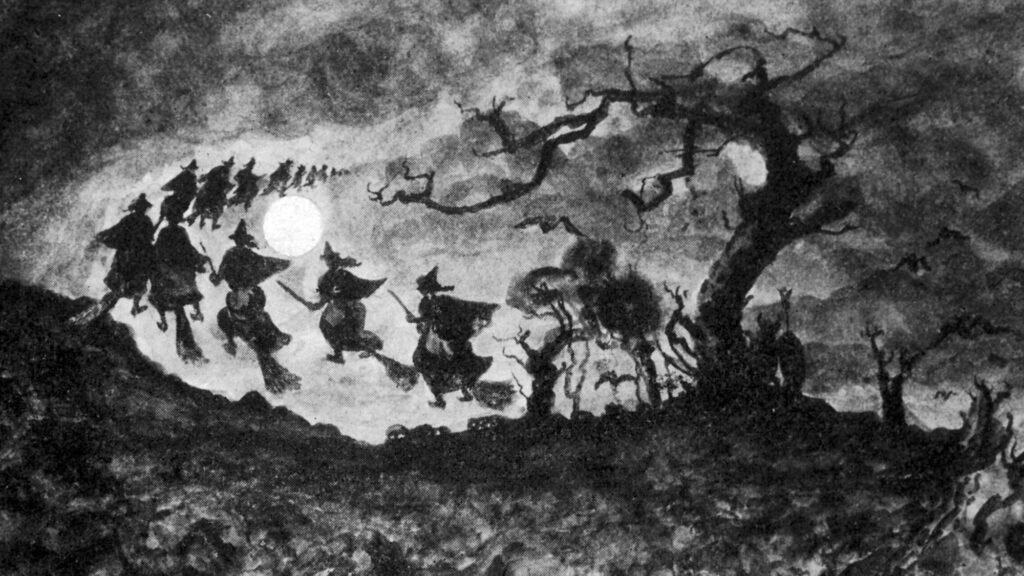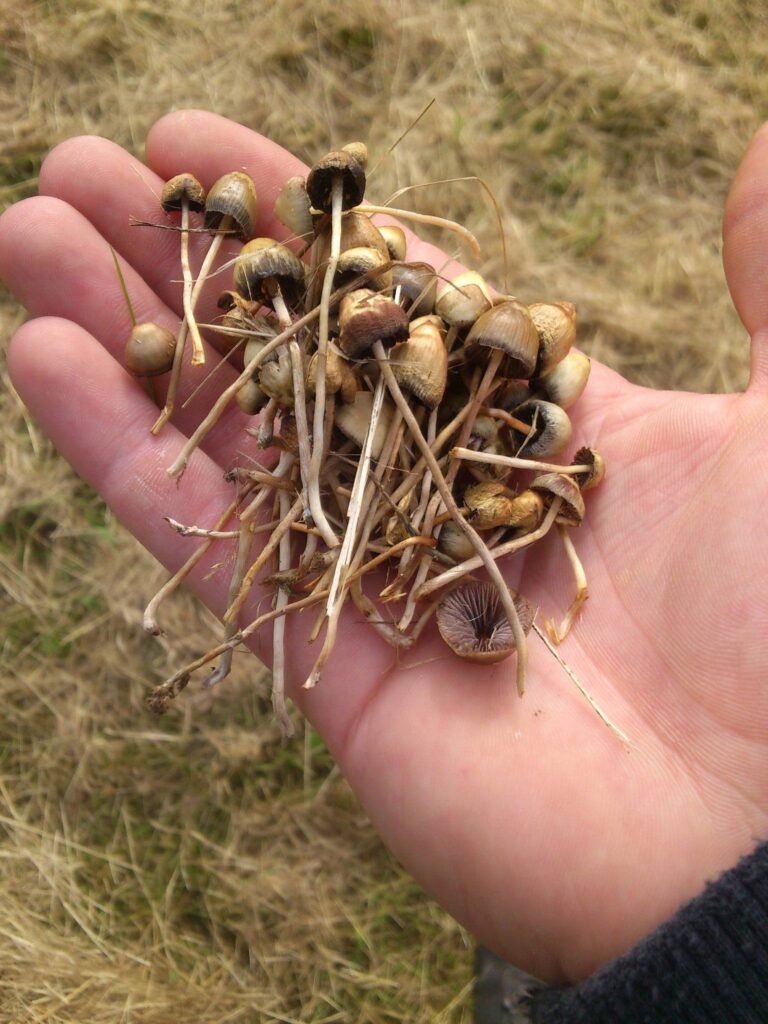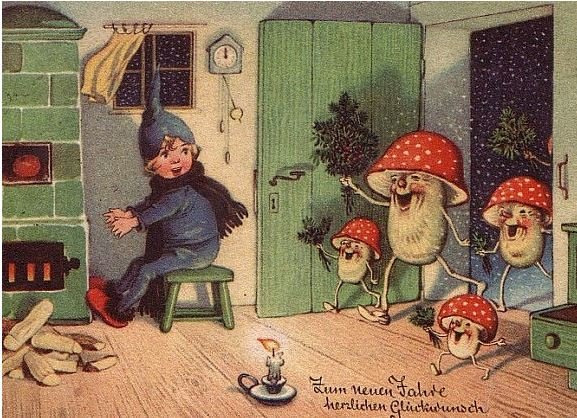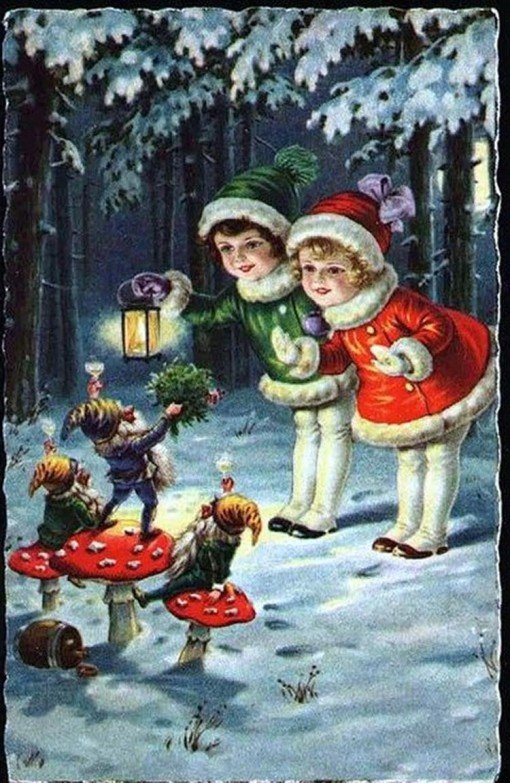



Much of the knowledge surrounding the use of psychedelics for healing ceremony comes from indigenous practice of the South America’s and Northern Russia. This focus then often tries to replicate that use in other non-indigenous settings. Liberty Caps and other psychedelic fungi and plants grow naturally in Scotland, and in recent years (the last 50 at least) have known to been consumed by Scottish indigenous youth and adults.
Furthermore, it is highly likely that psychoactive substances were used by Scotland’s Celtic and Pictish communities, with aspects surviving over the centuries. For example, accounts from 17th century witch trials have numerous references to hallucinogens, with foxgloves being by far the most common. They are commonly referenced for their healing properties, though some accounts feature accidental death following ingestion, and there are also records of intentional poisoning. One trial document references experiential effects: “She caused people to see many ‘sichts’ [sights] like ugly beasts and whelps.”. Whilst this evidence must be interpreted in context (i.e. statements made under extreme duress and often torture) they do consistently indicate that such hallucinogens occupy a cultural space which ranges from healing at one end to maleficence at the other.
Relatedly, several sources from this era indicate that hallucinogenics are closely associated with witchcraft and magical practice. This is best exemplified by the wormwood-based salve “flying ointment”. This is referenced in numerous sources, and is accompanied by highly emotive descriptions of the effects.
The oral histories project is seeking to collect as much knowledsge on the ancient, and recent use of psychedelics, to create an archive of Scottish indigenous practice for healing, ritual and recreation. Importantly oral traditions associated with foraging, preperation and injestion are in danger of being lost due to the increase in internet use and non-native magic mushrooms. Currently students at the University of Edinburgh have been contributing to the archive through individual projects looking at Scottish use through a range of lenses. This is an open project and you are welcome to contribute through your own institution, or as a citizen scientist. We are looking to interview a wide range of Scottish psychedelic users, to explore why and how they use psychedelics, including initiation, foraging and experiences.
